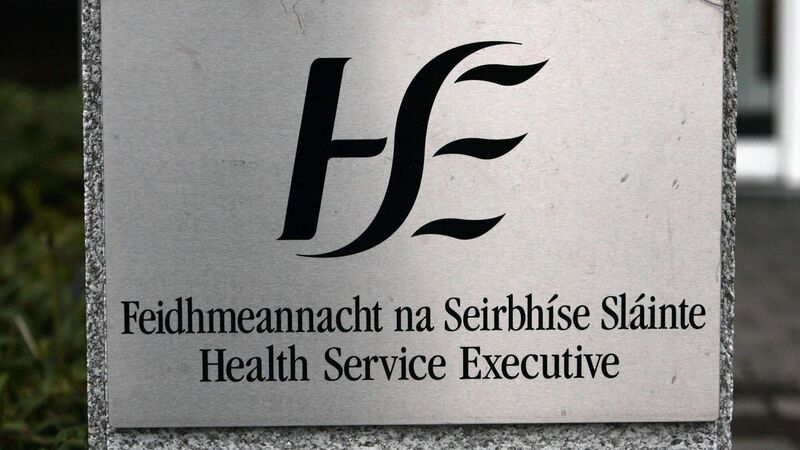HSE says all large-scale projects take five years if 'uneventful'

The HSE said for a typical undertaking valued at up to €50m, the scheme must 'work its way through the project lifecycle'.
The HSE has said large-scale multimillion euro projects it embarks upon are expected to take as long as five years to complete in an "uneventful” scenario.
The executive said for a typical undertaking valued at up to €50m, the scheme must “work its way through the project lifecycle”.










